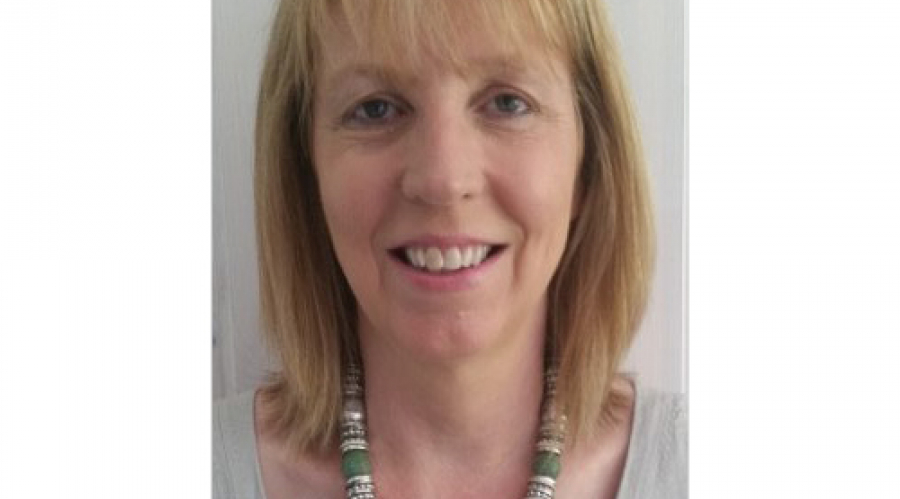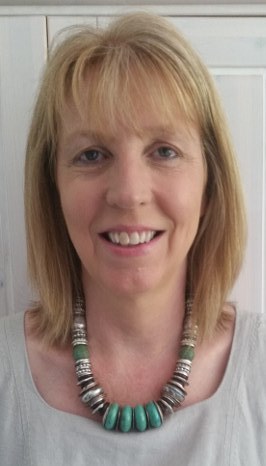

Article by Kathy Valdes, Managing Director, Digital Unite as featured in 24 Housing.
Social isolation can be an issue for any age group. Major life changes such as loss of employment, having a young family, health or mobility issues, the death of someone close or new living arrangements can trigger a lack of contact between an individual and society. The impact of social isolation on health and wellbeing can be dire.
Technology is a key enabler
With technology a key enabler in today’s world, improving the digital participation of residents and tenants can help to mitigate social isolation and housing associations are ideally placed to help those most at risk of social exclusion.
Certainly there is a relationship between social inequalities and digital exclusion. A 2016 report from the Carnegie Trust UK highlighted that digital exclusion was most prevalent among people from disadvantaged socio-economic groups, with low take-up among pensioners, non-working adults and those living in social rented accommodation.
Very often digital exclusion is interpreted as a problem of access, but it is also the lack of skills and capacity to use technology. The rapid growth of mobile internet use, of people accessing online from smartphones and free public wifi, means the costs of getting online are less of a barrier. What’s holding people back is the lack of motivation, knowledge and confidence.
The use of the internet is not going to slow
We are currently amidst the fastest media revolution in history. Radio and television took 38 and 13 years respectively to reach 50 million users; the internet took just four (Qualman 2009). The increasing use of the Internet is not going to slow, but for those who are offline, the gap between the world they live in and the skills they need to participate in it is deepening.
Digital Unite has been at the frontline of digital inclusion for 21 years, working with housing providers for much of that time. We have seen first-hand the extraordinary ways technology and the skills to use it is helping to connect communities. Keeping in touch with far flung friends and family, accessing local networks, pursuing hobbies and interests and finding new ones - technology can connect people to society in endless ways.
Clarion Housing is helping residents connect through digital
Clarion Housing Group, the largest housing association in the UK, has been connecting communities through digital participation for more than five years. This work is led by Clarion Futures, the charitable foundation of Clarion Housing Group.
Using not only their own community centres and communal spaces, but also linking with local cafes, libraries and groups, they have brought people out of their homes to discover the life-changing benefits of technology. In Burgess Hill, a supported town centre computer café run by volunteers has helped 260 people in 520 sessions in three years. In Birmingham, estate residents are using technology to research local history and their family trees. In Borehamwood, Basingstoke, Sussex and London, sheltered housing schemes have regular computer clubs encouraging residents to spend time together in their communal spaces.
One resident in Lindfield, Sussex, 82-year-old Molly, has discovered via her local computer club how using the internet can help her keep in touch with family living overseas. Molly said: “I love playing games on my iPad and now I can use it to play games with my daughter in America and to have regular contact with my relatives via Skype.”
"It's more than just digital skills"
Clarion Futures has a volunteer network of 190 Digital Champions. The Champions work in communities across the country, sharing their expertise and helping Clarion residents to learn new skills, build their confidence and strengthen local networks.
These trained volunteers are perpetuating a continuous cycle of learning, sharing and community building at a local level.
For example, not only are the aforementioned volunteers in Burgess Hill providing an essential support and social hub for their local community they are also reaping their own personal rewards. Brian Dove, a volunteer Digital Champion said: “We get immense satisfaction out of our efforts to help and a sense that we are giving something useful back to the community. For many who come to our café, it’s more than just digital skills, it’s a chance to socialise and connect with the everyday.”
Digital inclusion is not a silver bullet to the wide ranging and often complex issues of social exclusion but an improvement in an individual’s participation in digital technology, whether it’s a helper or someone being helped, can bring a measurable improvement in their wellbeing and connection with society today. Just ask Brian and Molly.

Supporting Digital Champions across the UK
To find out more about Digital Unite's training and support for Digital Champions nd Lottery-funded opportunities get in touch with the team today.